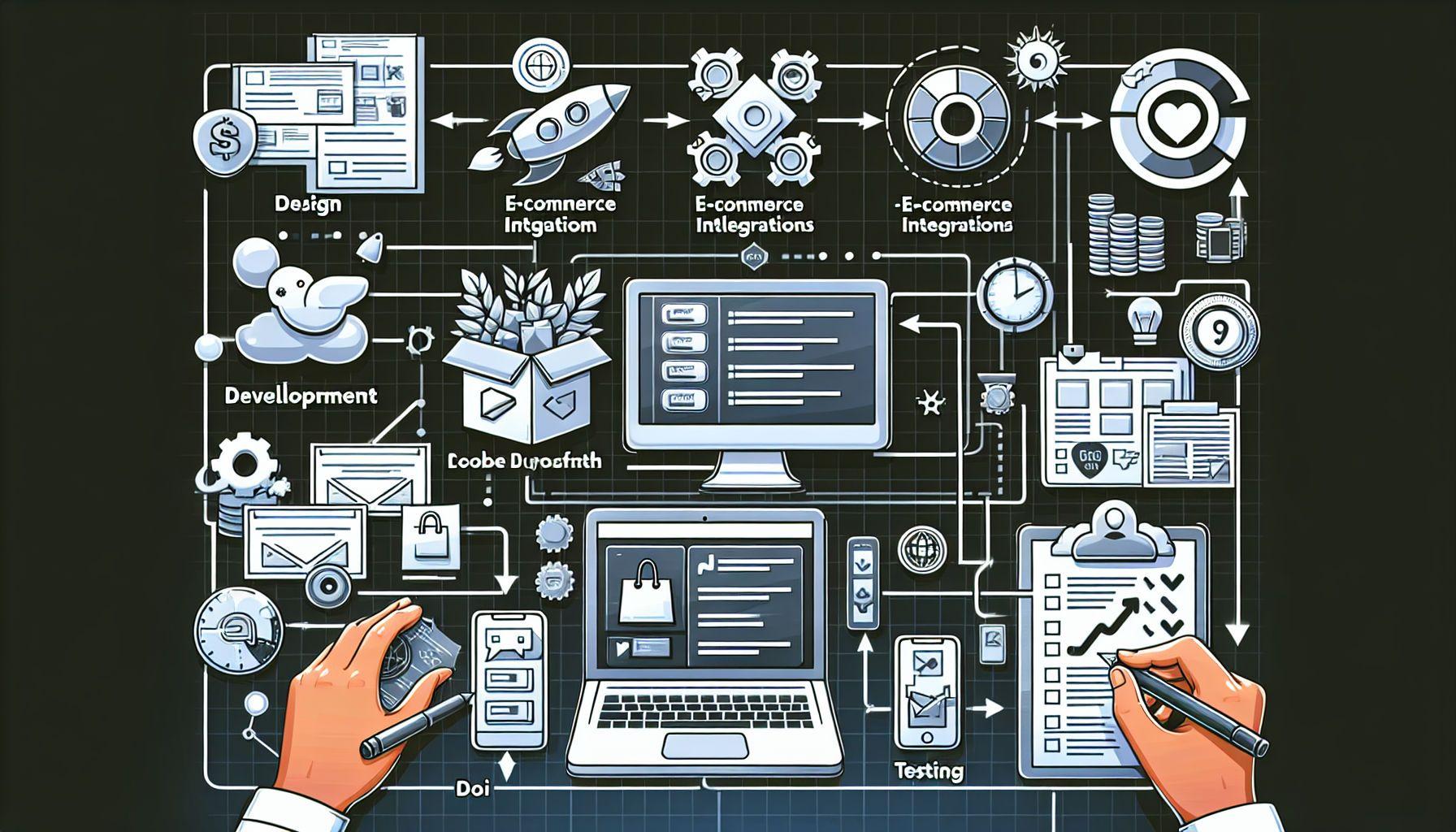The Benefits of Marketing Automation for Small and Medium-Sized Businesses
October 1, 2024
•
6 minutes

Content
The Benefits of Marketing Automation for Small and Medium-Sized Businesses
Marketing automation is becoming an increasingly important part of growth strategies for small and medium-sized businesses. In today's market, where competition intensifies every day, implementing effective automation tools can be a key factor for successful development and sustainable growth. It helps companies optimize processes, improve customer engagement, and increase return on investment (ROI).
1. Time Savings
One of the main advantages of automation is significant time savings. Marketing teams are freed from performing routine tasks such as sending newsletters, publishing on social media, segmenting the customer base, and data analysis. As a result, employees have more time to focus on strategic tasks like analyzing customer behavior, developing creative campaigns, and enhancing the user experience.
Example: If a marketing team previously had to send email newsletters manually, automation through platforms such as Mailchimp or SendPulse can schedule this process in advance, including trigger-based message sequences based on customer actions.
2. Increased Efficiency
Automation enables more precise marketing campaigns, leading to improved personalization of offers for each audience segment. Automation systems can collect data on customer behavior and automatically tailor content to their needs, increasing the likelihood of conversion.
Example: Segmenting the audience based on their website behavior allows for sending personalized messages. For instance, users who add a product to their cart but do not complete the purchase can automatically receive an email reminder about the product along with a discount offer.
3. Analytics and Reporting
Modern marketing automation systems provide powerful tools for data collection and analysis. They allow businesses to track key performance indicators (KPIs) such as email open rates, click-through rates, and conversions, and to evaluate campaign effectiveness in real time. This data helps businesses quickly adjust their marketing strategies and obtain more accurate forecasts.
Example: Systems such as HubSpot or Marketo offer automatic report generation, which helps track results and adjust marketing campaigns based on audience behavior and channel effectiveness.
4. Simplifying Customer Engagement
Marketing automation allows businesses to significantly simplify the process of engaging with customers. This may include automatic responses to frequently asked questions, personalized email newsletters, push notifications, and the use of chatbots. Automated processes help retain customers and maintain a high level of service.
Example: If a customer fills out a form on the website, the system can automatically send a welcome email thanking them for subscribing and offering special deals for new customers.
5. Increasing ROI
One of the main factors that makes marketing automation attractive for businesses is its ability to increase return on investment (ROI). More precise message personalization and targeting reduce customer acquisition costs and boost conversion rates. Automation also minimizes the risk of losing customers due to untimely responses or ineffective engagement.
Example: Implementing an automation system that sends personalized offers to customers based on their previous purchases can significantly increase the average order value and the frequency of repeat purchases.
Conclusion
Marketing automation opens up numerous opportunities for growth and development for small and medium-sized businesses. It not only helps save time and resources but also significantly improves the effectiveness of marketing campaigns, enhances customer engagement, and increases ROI. Implementing automated processes allows businesses to focus on strategic tasks and maintain competitiveness in the market.
Recent posts







